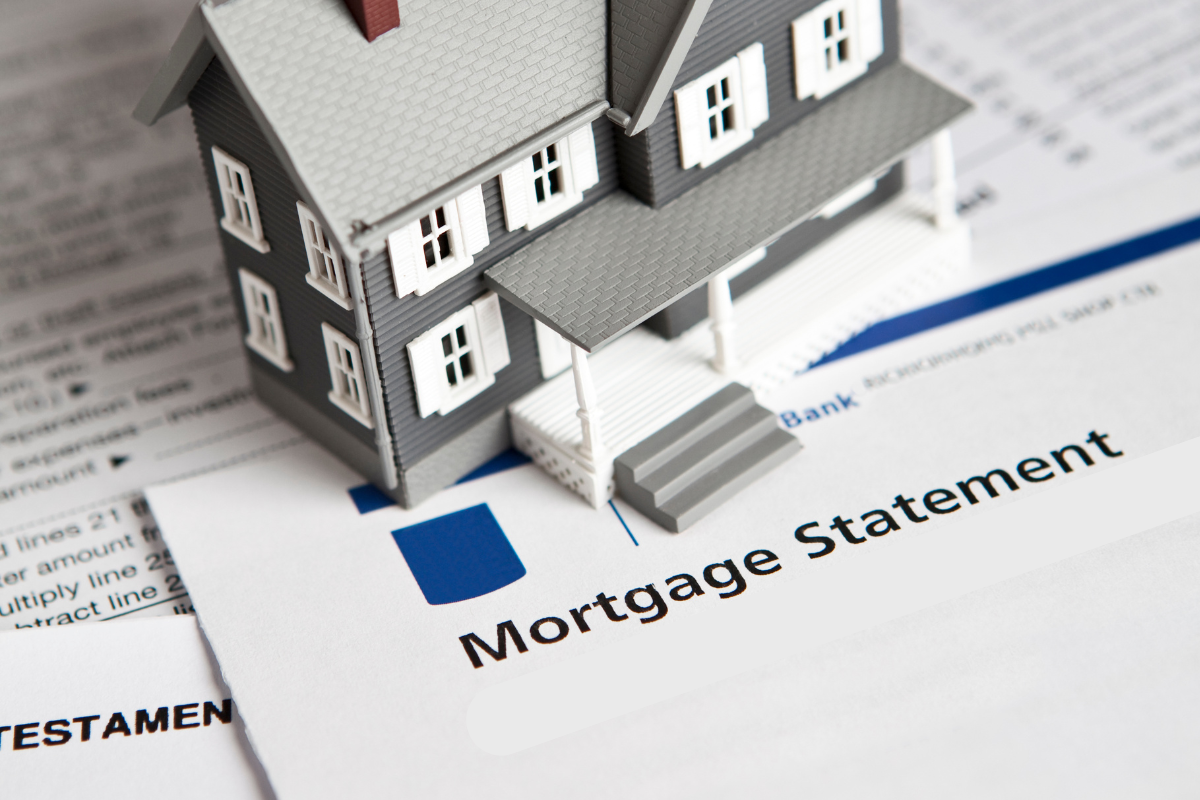Mortgages are like any other loan, except bigger. Getting a mortgage also comes with more up-front costs.
What is a mortgage principal?
The mortgage principal is the amount you are borrowing.
How is mortgage interest calculated?
Interest is the amount you pay for the privilege of borrowing money. Because you are borrowing a large sum for an extended period (15, 20, or 30 years), more interest is charged at the beginning of the mortgage. While the monthly payment remains the same, the balance between principal and interest changes over time, with the principal portion increasing and the interest portion decreasing as you progress through the mortgage term.
Let’s look at an example of a 30-year mortgage for $300,000 at a 6% interest rate:
- First payment: $1,798.65 (interest: $1,500.00, principal: $298.65)
- Fifth anniversary payment: $1,798.65 (interest: $1,395.82, principal: $402.84)
- Tenth anniversary payment: $1,798.65 (interest: $1,255.29, principal: $543.37)
- Fifteenth anniversary payment: $1,798.65 (interest: $1,065.73, principal: $732.92)
- Twentieth anniversary payment: $1,798.65 (interest: $810.05, principal: $988.60)
- Twenty-fifth anniversary payment: $1,798.65 (interest: $465.18, principal: $1,333.47)
- Final payment: $1,798.65 (interest: $8.95, principal: $1,789.70)
What is P.I.T.I?
P.I.T.I. stands for Principal, Interest, Taxes, and Insurance. Most lenders will require that you pay your property taxes and homeowner’s insurance through them. The lender then pays these bills on your behalf because they have a financial stake in your home until the mortgage is fully paid. They don’t want you to default on your property taxes or let your insurance lapse.
What is APR?
The Annual Percentage Rate (APR) is a tool to help you compare different mortgages. It includes both the interest rate and any additional fees charged by the lender. For example, if your mortgage interest rate is 6%, the APR might be 6.25% once all fees are factored in. This allows you to understand the total cost of borrowing.
What are the fees involved in getting a mortgage?
When obtaining a mortgage, there are significant fees, and they can vary between lenders. Common fees include:
- Origination fee
- Appraisal fee
- Property title examination
- Credit check fee
- Property recording fees
What are mortgage escrows?
At closing, your lender will collect a few months’ worth of property taxes and homeowner’s insurance to ensure there are enough funds to pay these bills when they’re due. Most lenders also require you to buy a year of homeowner’s insurance before closing. Then, at closing, they’ll start collecting for the next year’s insurance (usually two to three months’ worth of payments).
Every month, 1/12th of your taxes and insurance costs are collected as part of your mortgage payment (the “TI” in P.I.T.I.). These funds are placed in an escrow account, and the lender will pay your tax and insurance bills from this account. They also collect a cushion, in case your bills increase. This cushion cannot exceed two months’ worth of payments.
Note that escrow payments collected at closing are not included in APR calculations.
Conclusion
NAEBA agents can connect you with lenders they’ve worked with who provide reliable service.

